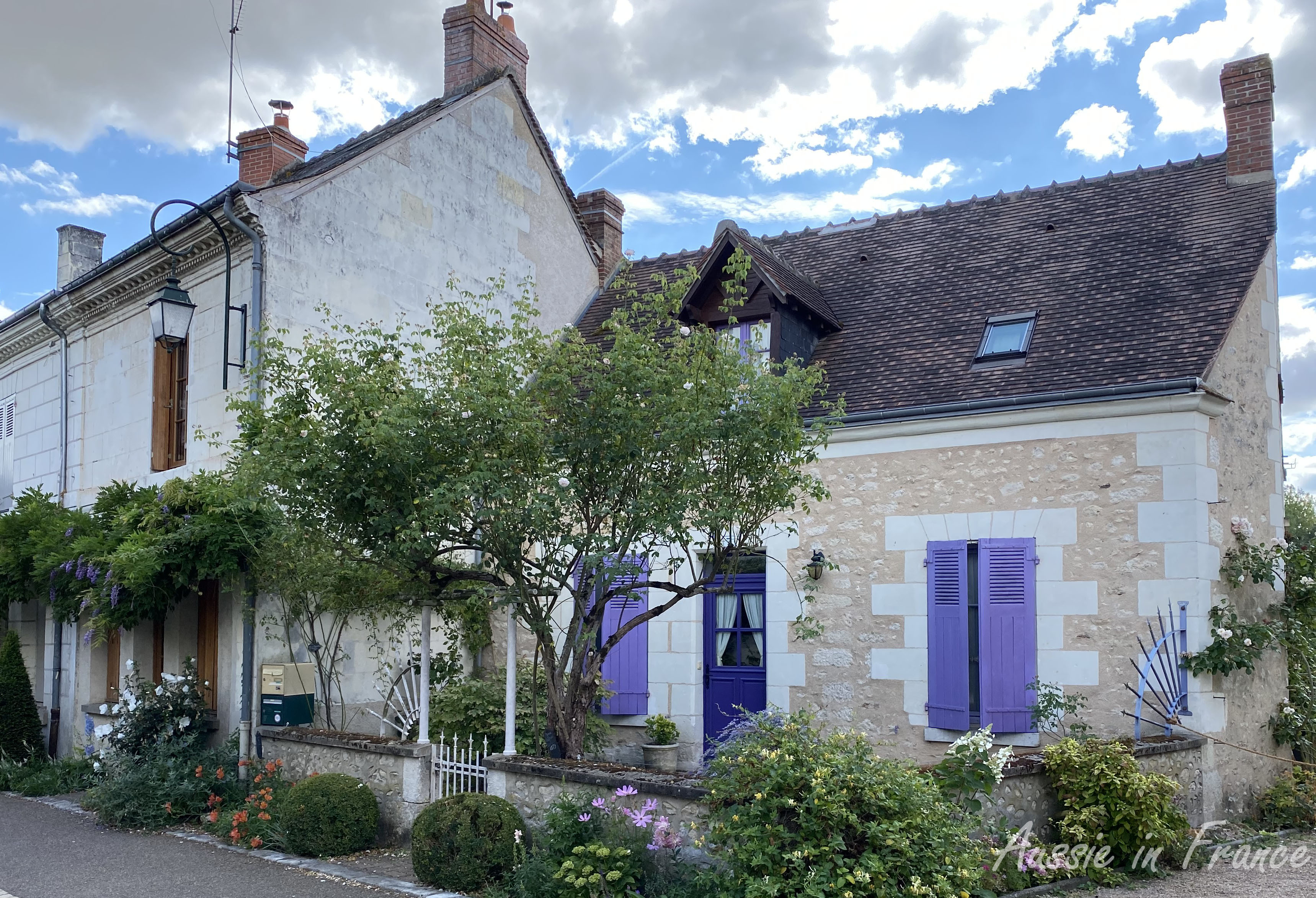Even when you speak the language and have lived your whole life in a country, buying a property can be stressful and challenging. Doing so in a foreign country makes it a little more complicated.
I have lived in France for over 40 years and have been directly or indirectly involved in the sale or purchase of a large number of properties. Real estate rules have evolved over the years and regulations are much stricter than before.
There are basically two ways of buying property in France: you can deal directly with the owner or go through a real estate agent or website. In both cases, the final sale will be handled by the notaire. “A Notaire is a legal specialist with a public authority mission who draws up authenticated contracts on behalf of his clients. He is self-employed”. The notaire himself also sells properties on commission.
1/ Buying through a real estate agent or website:
Real estate agents have to have a licence and a diploma, which requires a minimum of 2 years’ training after the end of high school. Those with higher diplomas (bachelor’s or master’s degrees) are entitled to draw up a promise to sell and manage apartment buildings.
In France, the real estate agent’s fees (usually 5 to 7% of the sales price) are nearly always paid by the buyer. The promise to sell agreement is included in the fee but the buyer and seller can choose to go through a notaire. Agent’s fees are different from notaire’s fees and taxes.
2/ Buying directly from the owner:
With the many possibilities offered by the Internet, more and more people want to avoid the real estate agent’s commission and buy directly, through French websites such as LeBoncoin, SeLoger, Logic-Immo, pap (particulier à particulier), Superimmo, Figaro Immo, SeLoger Neuf (new homes) and Superimmoneuf (also new homes). There are other international websites such as Greenacres.
The buyer can deal directly with the owner and can even sign a promise to sell with going through a notaire if they wish.
3/ Buying through a notaire:
The notaire is often approached by local people when buying or selling as they feel they have a better legal guarantee.
4/ Real estate agents vs private sales
Which should you choose? A real estate agency or a private sale?
If you don’t speak French or have little legal knowledge, a private sale will be more complicated unless you are really sure of the person you are buying from. Despite the fact that there is no commission, it might be more difficult to bring down the price with a private owner who often overvalues their property for sentimental reasons.
For the buyer, it is important not to let the personality of the owner cloud their judgement, even if they speak English.
In the more popular areas of France, real estate agents often speak English themselves which can make life much easier for buyers. They will often take you to view several properties just to get a good understanding of what you are looking for. It is easier for a buyer to say “no” to a real estate agent than to a private owner. Also, it is the agent who negotiates the price, not the buyer. However, some agents are very persuasive. You should make sure you feel comfortable with the person showing you around and don’t feel bullied into buying something you don’t want!
Real estate agencies can be nationwide such as La Foret, Square Habitat, Century 21 or Orpi, which will give you access to all their properties in France, or independant, in which case they may be a member of the real estate agency federation, FNAIM, which will provide you with a better guarantee than a small agency working on its own.
The agency will usually ask you to sign an agreement under which you cannot deal directly with the owner of a property you have viewed.
5/ The next thing is to draw up your criteria, the things that you absolutely must respect such as price, amount of work to be done, location in an urban or rural area, size, aspect, type of flooring, type of heating, etc. Having to replace the roof or put in a new heating system can be very expensive.
Other factors to look out for are the land tax (taxe foncière) which can be quite expensive in some areas, rates (taxe d’habitation, which are being phased out but still applicable for people in higher income brackets), cost of heating (you’ll need to see the actual bills), shared expenses and the financial health of the joint owners if it’s an apartment building (if there is a swimming pool, lift, caretaker, extensive grounds, it will cost more to run).
6/ It can also be helpful to use the services of a person who speaks your language and knows the area, especially if you live far away or are dealing with private owners. This is a service I am happy to offer.
Next step – viewing and signing the promise to sell.
Rosemary Kneipp, sworn translator with the Orléans Court of Appeal. www.kneipp-traduction.com kneipp@kneipp-traduction.com or 06 76 41 99 43





We are looking at buying a property in Puy L’Eveque. The owner is selling privately and due to COVID 19 restrictions we can’t attend to view the property ourselves. Is this something you could do? A general inspection to ensure the pictures provided are an accurate representation of the property and there are no obvious structural issues (like needing a new roof or huge cracks in the walls)?
Hi Carmel, I shall write to you by email.